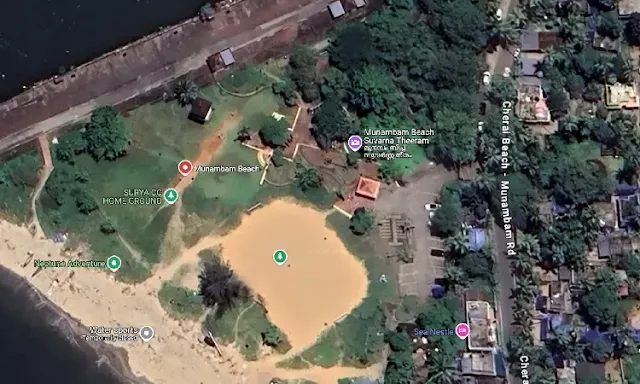Background of the Munambam Land Dispute
The Munambam land dispute has been a longstanding conflict involving claims of ownership between local residents and the Waqf Board. The contention centers around certain parcels of land in Munambam, with both parties asserting rightful ownership. In an effort to address and resolve these disputes, the State Government appointed an Inquiry Commission led by retired High Court Justice C. N. Ramachandran Nair. The commission's mandate was to gather information and propose solutions to achieve a lasting settlement.
Single Judge's Decision to Quash the Inquiry Commission
On March 17, 2025, Justice Bechu Kurian Thomas of the Kerala High Court allowed a petition filed by the Kerala Waqf Samrakshana Vedhi, a society dedicated to protecting Waqf properties. The petition challenged the State's notification appointing the Inquiry Commission, arguing that the matter was already under consideration by the Waqf Tribunal. The single judge observed that since the issue was pending before the Tribunal, the State Government's appointment of the commission was inappropriate and lacked proper application of mind. Consequently, the order establishing the commission was quashed.
State Government's Appeal and Arguments
In response to the single judge's ruling, the State Government filed an appeal, contending that even if the land in question were assumed to be Waqf property, the government retained the authority to explore avenues for resolving disputes that had escalated into public protests and potential law-and-order issues. The State emphasized that the Inquiry Commission was tasked solely with information gathering and lacked any adjudicatory powers concerning questions of title or disputes. The government further argued that any cause of action would arise only after it acted upon the commission's recommendations.
Division Bench's Interim Order
Upon hearing the State's appeal, the division bench issued an interim order staying the implementation of the single judge's judgment dated March 17, 2025. The bench directed that any report submitted by the Inquiry Commission should not be acted upon by the State Government without prior permission from the Court during the pendency of the appeals. The matter has been scheduled for further hearing on June 16, 2025.
Implications of the Court's Decision
The interim stay granted by the division bench allows the Inquiry Commission to continue its work, albeit with the caveat that its findings cannot be implemented without the Court's approval. This decision underscores the judiciary's cautious approach in balancing the State's initiative to resolve complex land disputes through commissions of inquiry with the necessity to respect ongoing judicial proceedings and the jurisdiction of specialized tribunals like the Waqf Tribunal.
Conclusion
The Kerala High Court's interim order represents a critical juncture in the Munambam land dispute, reflecting the intricate interplay between governmental efforts to mediate public conflicts and the judiciary's role in ensuring legal propriety and respect for existing adjudicatory processes. As the matter awaits further deliberation, the outcome will likely have significant ramifications for the resolution of similar disputes and the delineation of authority between various state mechanisms and judicial bodies.










0 Comments
Thank you for your response. It will help us to improve in the future.